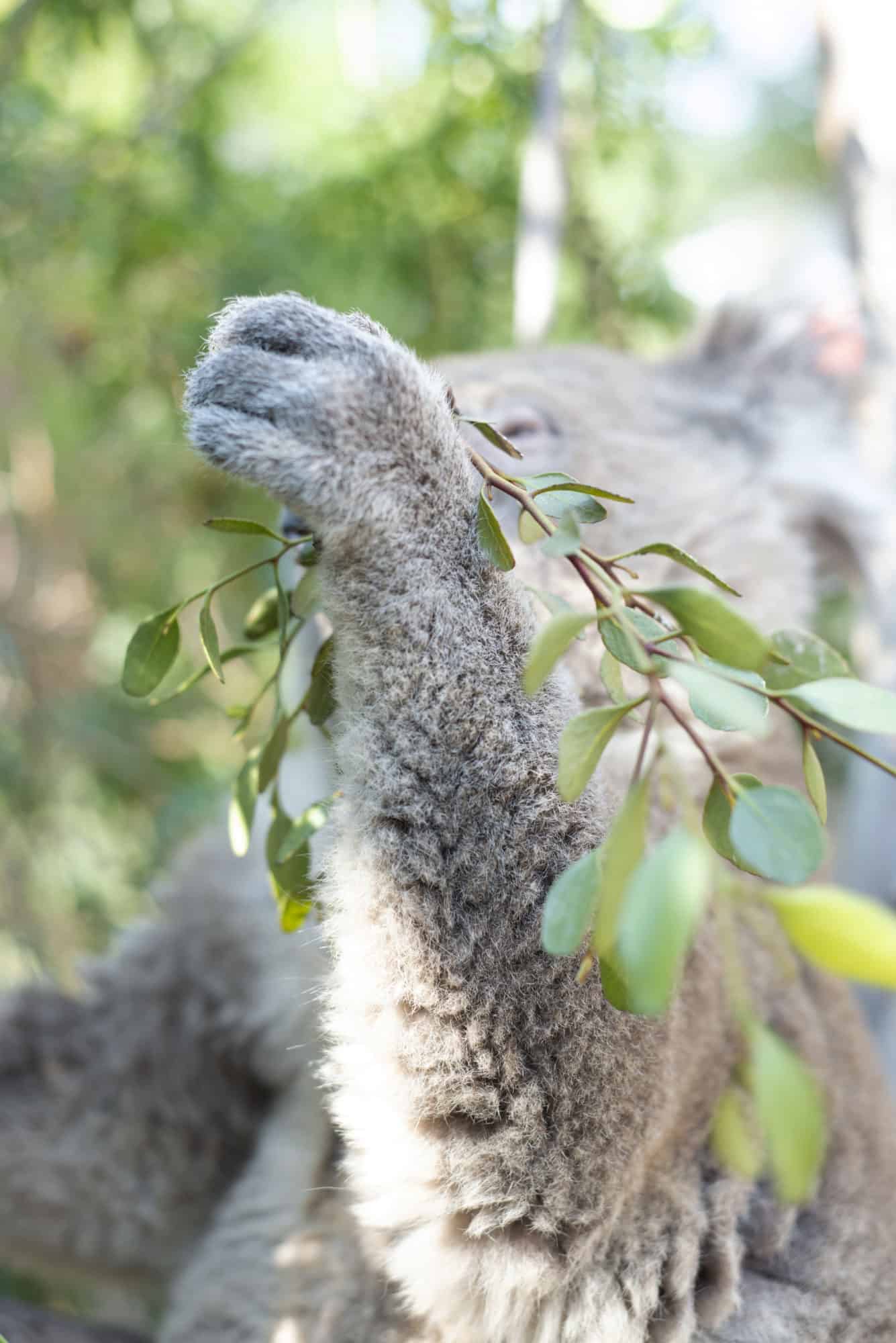We have come to a sad place in our evolution when we are having to list one of our best-loved animals as endangered.Who wants to imagine a world with no koalas?
They are part of our national psyche, a creature whose features conjure up gum leaves and the serenity of the bush – ironically some of the very things we are killing at a great pace with our love for our country.
Land clearing, climate change, drought and bushfires have shed a red light on the plight of koalas, whose numbers have been found to have dropped 50 per cent in Queensland and New South Wales over the past 20 years.
In case you are mathematically challenged, we have lost half of our koalas in the past two decades alone.
Those who live in the country where the grey bum of a koala up a local tree was not a rare sight will know that most newcomers have never seen a koala in the wild.
Koalas have fallen in the gaps between tree corridors, been squeezed into yards where dogs await, have been hit by cars and trains, have lost their habitats, suffered long unyielding droughts, and died unthinkable deaths amid the frenzy of bushfires.It is unthinkable that in our desire to urbanise, to go faster and further, we are losing this sleepy iconic marsupial.
A parliamentary inquiry released in June 2020 found that without urgent government intervention, koalas would be extinct in NSW by 2050 – less than 30 years and about a generation away.
Our children’s children may only read about them in books, alongside the Tasmanian tiger and the Liverpool Plains striped bandicoot. The koala will be just a legend.
We can’t let this happen. If we can’t recognise the value in this amazing animal, we need to look at the pure dollar figure of how loved the koala is by other countries. The Australian Koala Foundation has reported the koala is worth $3.2 billion to the tourism industry annually, and generates about 30,000 tourism jobs.We have a responsibility.
We have a responsibility on a federal, state, local, community and personal level.
As individuals, we can plant appropriate trees in appropriate places. We can ensure our dogs are not loose in koala habitat. We can look out for them on the roads, report injured animals to wildlife agencies, and support the agencies that support them.
It is horrifying but probably long past due that these animals have been listed as endangered in New South Wales, Queensland and the ACT. Let’s hope it is not too late.
Marie Low is a freelance journalist based in Gunnedah, NSW.
